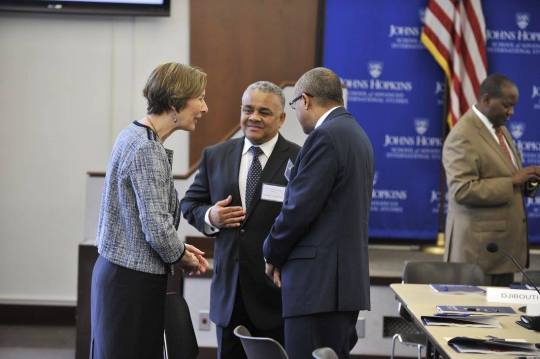
On November 19, 2015, in preparation for the 6th Forum on China Africa Cooperation (FOCAC) in Johannesburg, South Africa from December 4 to 5, SAIS-CARI hosted a private roundtable at Johns Hopkins SAIS for African Ambassadors and senior staff in Washington DC. As a briefing and discussion, the event focused on a range of topics including Chinese approaches to development finance, agricultural investment, and manufacturing investment in Africa.
Deborah Brautigam, SAIS-CARI Director, provided an overview of China’s economic engagement in Africa, and a look at the research that SAIS-CARI has been carrying out on Chinese loans, hydropower finance, agriculture, and manufacturing investment. In addition, Wenjie Chen, an economist at the IMF, presented on how the current slowdown in the momentum of China’s growth has implications for China-Africa engagement and growth. Finally, Janet Eom, SAIS-CARI Research Manager, introduced the commitments and results of past FOCACs as well as predictions for what can be expected from the Johannesburg FOCAC.
The discussion brought up several questions:
- Why is the China-Africa relationship of interest to the United States (and the West more generally)?
- How is China’s sense of non-interference in Africa changing, if at all, in recent years?
- What is the role of loan conditionality from foreign partners in the outcomes of China-Africa relations?
- How can all 54 African countries coordinate to develop their own vision for working with China that caters deeply to local needs?
Participants discussed how different foreign actors fill different roles in Africa, whether in trade or finance, thereby providing diverse opportunities and a possibly reduced sense of competition between them. At the same time, others pointed out that the economic slowdown in China may be a blessing for Africa as it can cultivate healthy competition from other partners that can productively invest on the continent. The discussion stimulated thoughts on the need for continued comparative analysis of Chinese trade and investment in Africa to that of other Asian partners as well as American and European partners. Participants agreed that African countries, through regional coordination and other mechanisms, will benefit most from FOCAC commitments if they can create their own strategies for working with China based on their most pressing needs.
The event was supported by funding from Carnegie Corporation of New York.
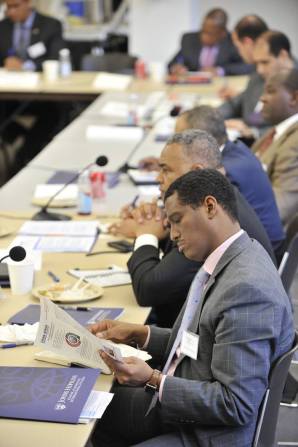
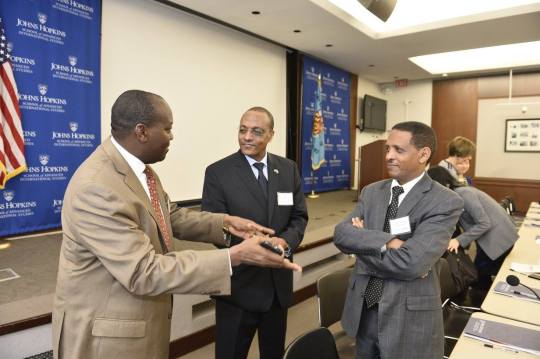
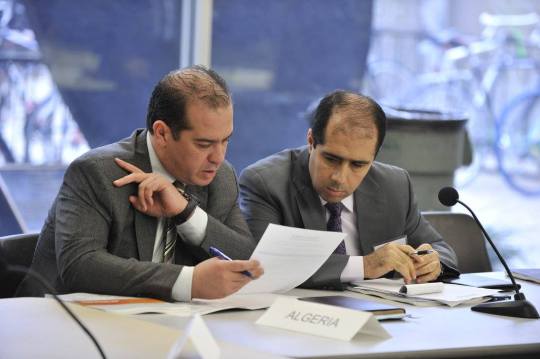
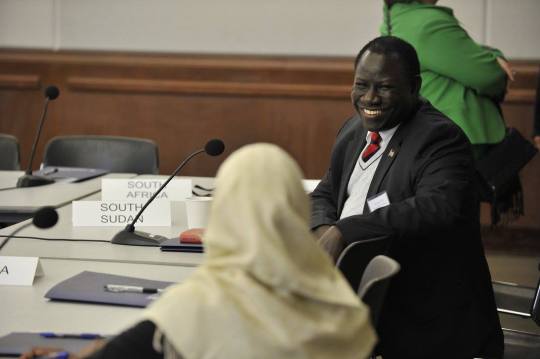
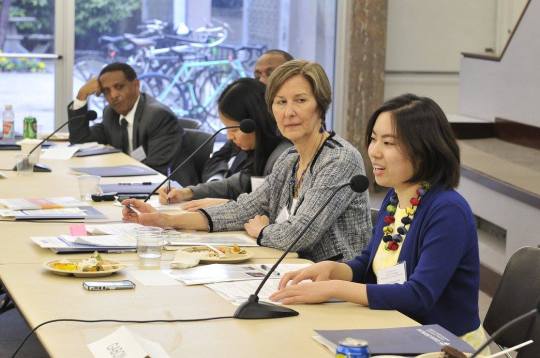
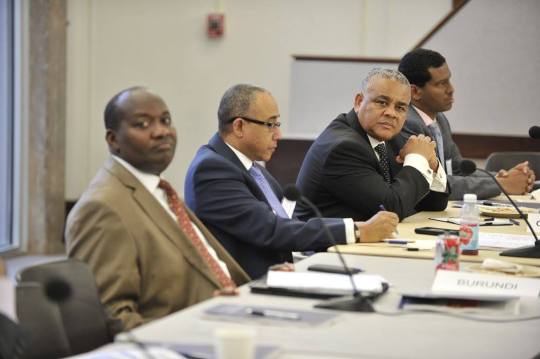
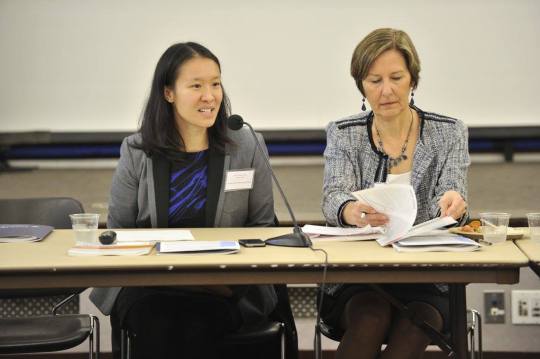
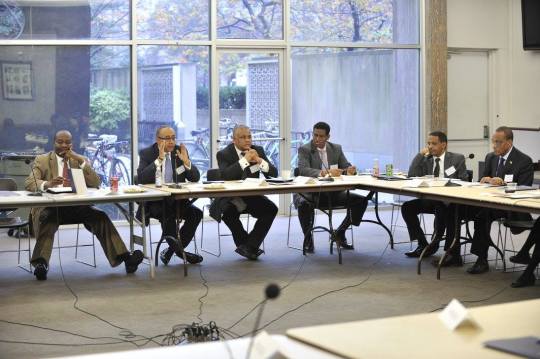
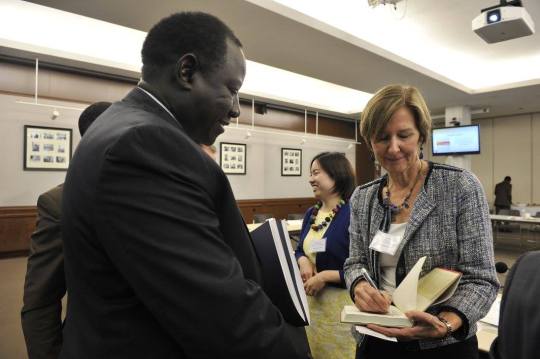
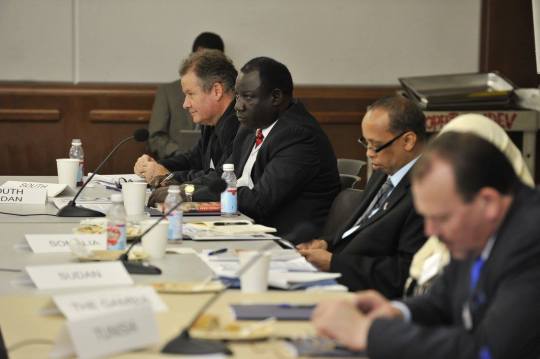
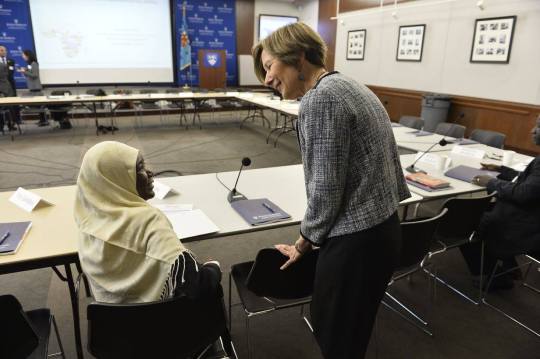


December 3, 2015
events, featured